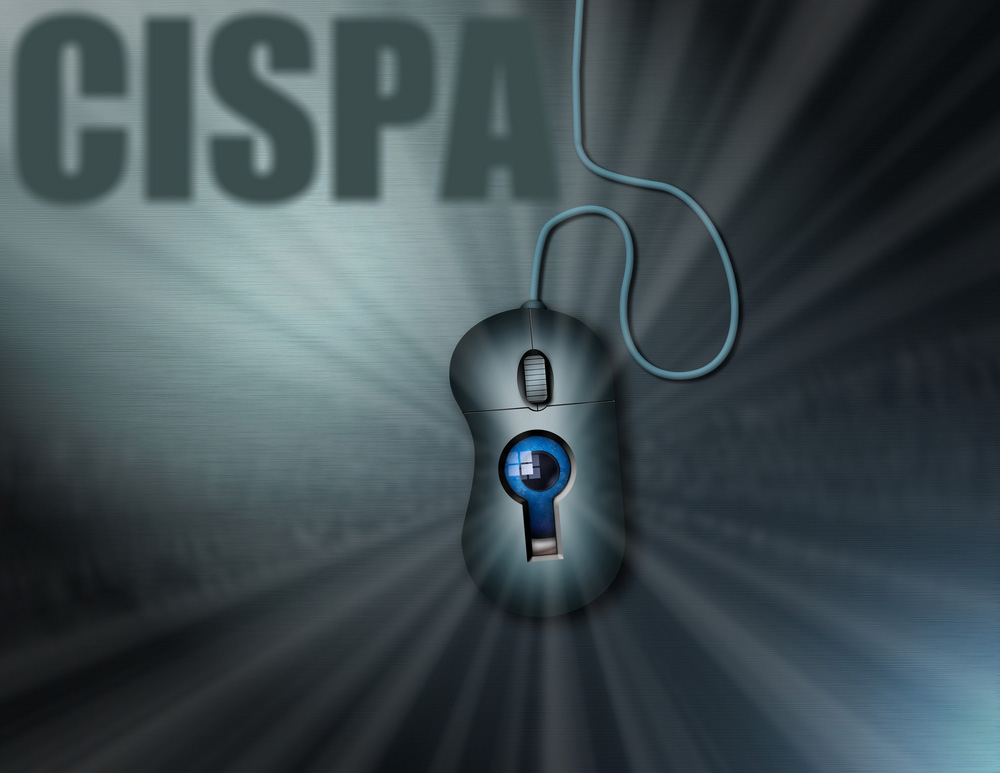The internet was all abuzz about SOPA and PIPA and proved a worthy foe against government oppression by quashing the bills before they could get too much momentum. There is outrage now about CISPA, the latest aromaticity that Washington has put forth to attack its people and protect its interests, but there has been a much lower level of outrage despite being potentially more dangerous than its predecessors.
Why?
The answer is actually two-fold. First, the power of the people that helped to kill SOPA/PIPA was assisted by the power of big business. Those who stood in support of the bills were punished (ask GoDaddy). Those who stood with the people were rewarded. It was a nice arrangement between the powers of the internet and the influence of big business to take down the bills.
CISPA is different. Facebook, for example, vehemently opposed SOPA but is supporting CISPA:
“I am writing on behalf of Facebook to commend you on your legislation, the “Cyber Intelligence Sharing and Protection Act of 2011,” which addresses critical needs in cyber security. Your thoughtful, bipartisan approach will enhance the ability of companies like Facebook to address cyber threats.”
The bill does one thing that truly appeals to technology companies like IBM, AT&T, and Verizon: lawsuit protection.
It isn’t just the tech companies. The financial sector loves the bill. According to the Financial Services Roundtable, which represents 96 members including Citibank, JPMorgan Chase and MasterCard:
“The Roundtable believes that the timely sharing of actionable threat information is critical to both private and public sector organizations in developing and deploying protective measures against malicious cyber activity.”
The other reason that CISPA opposition has yet to reach the level of SOPA/PIPA is the ambiguous wording inherent with such bills that takes it to the next level. They learned a lesson with SOPA/PIPA. The threats to liberties and privacy are much-better masked in CISPA. They didn’t try to use flowery words to disguise their intentions. They simply didn’t state them very clearly.
The blurry nature of “cyber threats” is what has concerned those who oppose it, but it hasn’t been enough (yet) to scare the population. Protection from cyber threats sounds great to most. The problem that few are seeing is that a cyber threat can be manifested in many forms and spying on individuals with the protection of legislation is a license for abuse.
There would be good that came out of CISPA if it were to pass. Threats would be found and widely publicized. The problem is with the path that was taken to find the threats. Companies and government agencies will have unprecedented power over our data. Anyone who does not believe this power will be abused is either ignorant or on the receiving end of it.
This graphic, aptly named, gives a snapshot of the bill and the threats entailed.

Created by: Paralegal.net



GIPHY App Key not set. Please check settings
One Comment